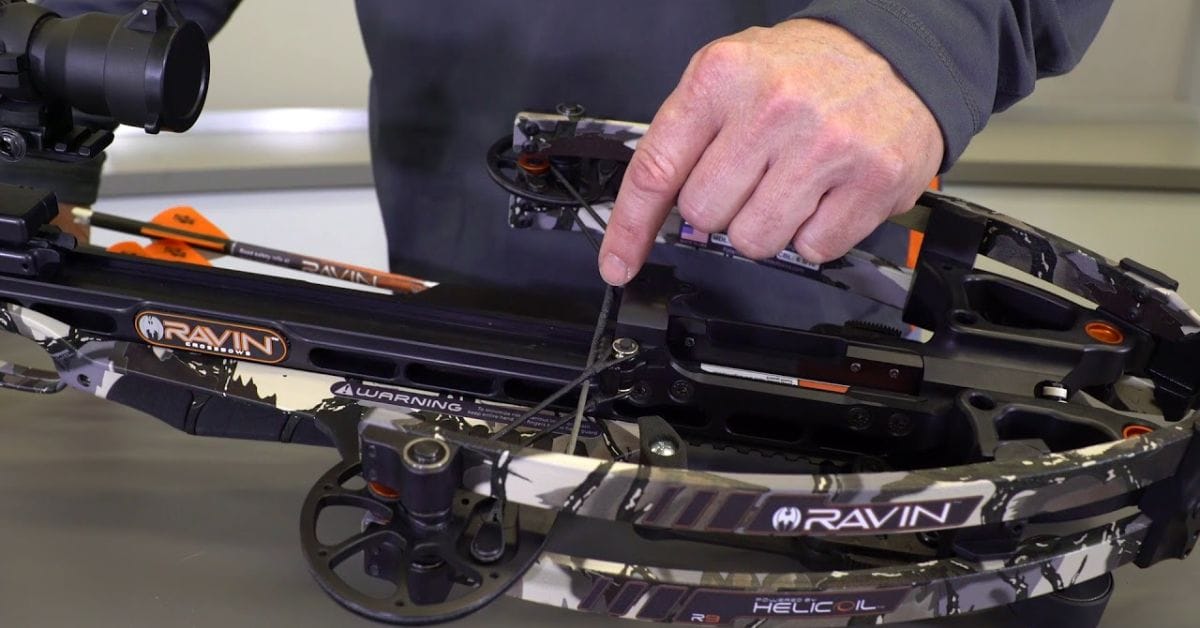Keep Your Crossbow in Top Shape with These 10 Maintenance Tips
As an avid outdoorsman and crossbow enthusiast, I’ve spent countless hours in the field, perfecting my craft and understanding the nuances of my equipment. A well-maintained crossbow is essential for accuracy, safety, and longevity. Over the years, I’ve developed a thorough maintenance routine that keeps my crossbow in peak condition. Here are my top 10 maintenance tips to help you keep your crossbow in top shape.
1. Regular Cleaning
Cleaning the Bowstring
The bowstring is one of the most critical components of your crossbow. Keeping it clean ensures it remains effective and extends its lifespan.
- Remove Debris: After each outing, inspect the bowstring for debris such as dirt, leaves, and moisture. Use a soft brush or cloth to remove any particles.
- Wax the String: Apply a high-quality bowstring wax regularly to keep the fibers lubricated and protected. Rub the wax into the string with your fingers until it is fully absorbed.
Cleaning the Rails
The rails are where the arrow rests and moves during the shot. Keeping them clean is crucial for smooth arrow flight.
- Wipe Down the Rails: Use a soft, dry cloth to wipe down the rails after each use. For more thorough cleaning, use a cloth dampened with rubbing alcohol.
- Apply Rail Lube: Regularly apply rail lube to reduce friction and wear. This ensures consistent arrow speed and accuracy.
2. Inspect and Replace the Bowstring
Signs of Wear
Bowstrings are subject to significant stress and will wear out over time. Regular inspection is key to preventing failures.
- Fraying: Look for any signs of fraying or broken strands.
- Looseness: Check if the string feels loose or less taut than usual.
Replacing the String
If you notice any of these signs, it’s time to replace the bowstring. Always use a string specifically designed for your crossbow model and follow the manufacturer’s guidelines for installation.
3. Check and Tighten All Screws and Bolts
Regular Tightening
Screws and bolts can loosen over time due to the vibrations from shooting.
- Inspect Regularly: Check all screws and bolts regularly, especially those on the limbs, riser, and stock.
- Use a Torque Wrench: For consistent tightness, use a torque wrench to tighten screws to the manufacturer’s recommended settings.
4. Lubricate Moving Parts
Key Areas to Lubricate
Proper lubrication reduces friction and prevents wear on moving parts.
- Trigger Mechanism: Use a small amount of lightweight oil on the trigger mechanism to ensure smooth operation.
- Cams and Axles (for compound crossbows): Apply a few drops of oil to the cams and axles to keep them moving smoothly.
Avoid Over-Lubrication
While lubrication is essential, over-lubricating can attract dirt and debris, causing more harm than good. Apply oil sparingly and wipe away any excess.
5. Store Your Crossbow Properly
Ideal Storage Conditions
Proper storage is crucial for maintaining your crossbow’s condition.
- Cool, Dry Place: Store your crossbow in a cool, dry place to prevent moisture damage.
- Avoid Direct Sunlight: Prolonged exposure to sunlight can damage the materials and affect the performance.
- Use a Case: Invest in a high-quality crossbow case to protect your equipment from dust, moisture, and physical damage.
6. Inspect the Limbs for Cracks
Regular Inspections
The limbs endure the most stress and can develop cracks over time.
- Visual Inspection: Regularly inspect the limbs for any signs of cracks or splinters.
- Run Your Fingers: Gently run your fingers along the limbs to feel for any irregularities that might not be visible.
Addressing Cracks
If you detect any cracks, stop using the crossbow immediately and consult the manufacturer or a professional for advice on repair or replacement.
7. Check the Cables
Inspect for Wear
Cables, like the bowstring, are subject to wear and tear.
- Visual Check: Look for fraying, kinks, or broken strands in the cables.
- Feel for Damage: Run your fingers along the cables to check for any hidden damage.
Replace When Necessary
Replace the cables if you notice any significant wear. Follow the manufacturer’s guidelines for replacement to ensure proper installation and performance.
8. Maintain Your Arrows
Inspect Before Each Use
Your arrows are just as important as your crossbow. Ensure they are in good condition before each use.
- Check for Damage: Inspect the arrow shafts for cracks, bends, or splinters.
- Inspect the Fletching: Make sure the fletching is securely attached and not damaged.
- Examine the Nocks: Ensure the nocks are intact and fit snugly onto the bowstring.
Regularly Rotate Your Arrows
Rotating your arrows can prevent uneven wear and extend their lifespan.
- Use a Quiver: Store your arrows in a quiver to protect them during transport and when not in use.
- Rotate After Each Shot: Rotate your arrows after each shot to ensure even wear.
9. Test the Safety Mechanism
Regular Function Checks
The safety mechanism is vital for preventing accidental discharges.
- Engage and Disengage: Regularly test the safety by engaging and disengaging it to ensure it works smoothly.
- Inspect for Wear: Look for any signs of wear or damage that might affect its performance.
Seek Professional Help if Needed
If you notice any issues with the safety mechanism, consult a professional for repair or replacement.
10. Practice Regularly
Benefits of Regular Practice
Regular practice not only improves your skills but also helps you become familiar with your equipment and detect any issues early.
- Consistency: Regular use keeps the crossbow’s components in good working order.
- Familiarity: Practicing with your crossbow helps you become familiar with its feel and performance, making it easier to notice any changes or issues.
Set a Maintenance Schedule
Incorporate maintenance into your regular practice routine.
- Weekly Inspections: Perform a quick inspection of your crossbow after each practice session.
- Monthly Deep Clean: Set aside time each month for a thorough cleaning and maintenance session.
Conclusion
Maintaining your crossbow is essential for ensuring its longevity and performance. By following these 10 maintenance tips, you can keep your crossbow in top shape and enjoy many successful outings. Remember, a well-maintained crossbow not only enhances your shooting experience but also ensures your safety and the safety of those around you. Happy shooting!

